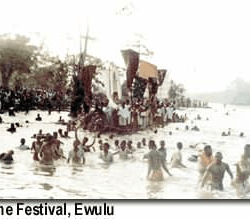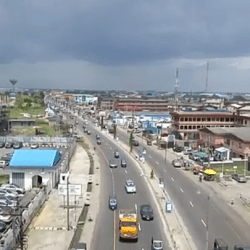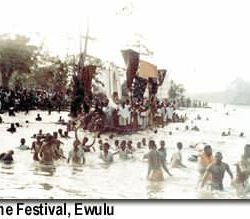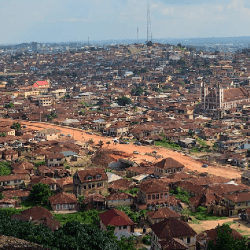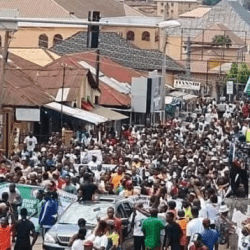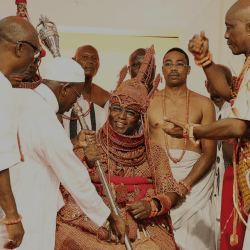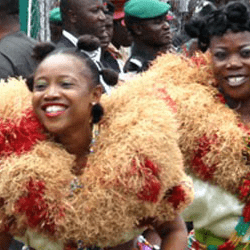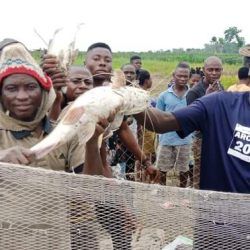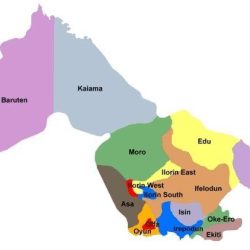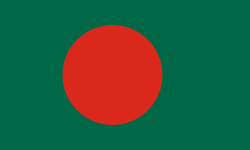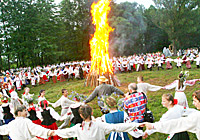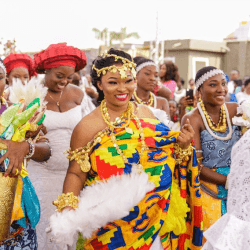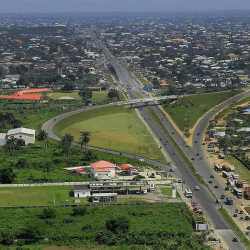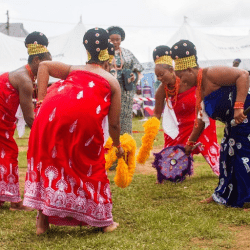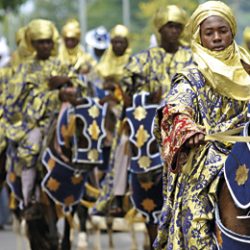Festivals in Niger, the the electrical energy state of Nigeria are:
- Akpazuma Festival
- Harguwa Festival
- Durbar Festival
- Gani Festival
- Bigyama Festival
- Bassange Rege
- Gupya Festival
- Odire Festival
- Anakpe Festival
- Ebiko Fishing Festival
| NAME OF FESTIVAL | LOCATION | TIME/SEASON |
| Akpazuma Festival | Adunu -Paikoro Local Government Area | Around December |
| Harguwa Festival | Rijau- Rijau Local Government Area | Harvest Period |
| Durbar Festival | All Emirates | Sallah Festival |
| Gani Festival | Kutigi- Lavun Local Government Area | Around March/April |
| Bigyama Festival | Gunna/Yakila -Rafi Local Government Area | After Harvest |
| Bassange Rege | Bassa- Shiroro Local Government Area | After Harvest |
| Gupya Festival | Gusoro- Shiroro Local Government Area | Before Planting Season |
| Odire Festival | Kaffin Koro- Paikoro Local Government Area | Around December |
| Anakpe Festival | Guni- Munya Local Government Area | After Harvest |
| Ebiko Fishing Festival | Nuwankota,Lemu- Gbako Local Government Area | After Harvest |
Niger
Niger is a State located in central Nigeria and its capital city is Minna.
Other top cities in Niger State include Bida, Suleja and Kontagora.
The State has an expansive land area and it’s close to the nation’s capital, Abuja.

Creation: It was created out of the defunct North Western state on 3rd February, 1976.
Location: Situated in the North central geo-political zone.
Administrative areas: The State comprises 25 Local Government Areas grouped into 3 administrative zones: A, B, C with each zone having 8, 9 and 8 Local Government Areas (LGAs) respectively.
List of Local Government Areas
Niger State has 25 Local Government Areas, namely:
- Agaie
- Agwara
- Bida
- Borgu
- Bosso
- Chanchaga
- Edati
- Gbako
- Gurara
- Katcha
- Kontagora
- Lapai
- Lavun
- Magama
- Mariga
- Mashegu
- Mokwa
- Munya
- Paikoro
- Rafi
- Rijau
- Shiroro
- Suleja
- Tafa
- Wushishi
Local Government Areas and their headquarters
The Local Government Areas in Niger State and their headquarters are:
| SN | LGA | HEADQUARTERS |
| 01 | Agaie | Agaie |
| 02 | Agwara | Agwara |
| 03 | Bida | Bida |
| 04 | Borgu | New Bussa |
| 05 | Bosso | Maikunkele |
| 06 | Edati | Enagi |
| 07 | Gurara | Gawu Babangida |
| 08 | Gbako | Lemu |
| 09 | Katcha | Katcha |
| 10 | Kontagora | Kontagora |
| 11 | Lapai | Lapai |
| 12 | Lavun | Kutigi |
| 13 | Mariga | Bangi |
| 14 | Mokwa | Mokwa |
| 15 | Magama | Nasko |
| 16 | Mashegu | Mashegu |
| 17 | Munya | Sarkin Pawa |
| 18 | Paikoro | Paiko |
| 19 | Rafi | Kagara |
| 20 | Rijau | Rijau |
| 21 | Shiroro | Kuta |
| 22 | Suleja | Suleja |
| 23 | Tafa | Sabon-Wuse |
| 24 | Wushishi | Wushishi |
| 25 | Minna | Minna |
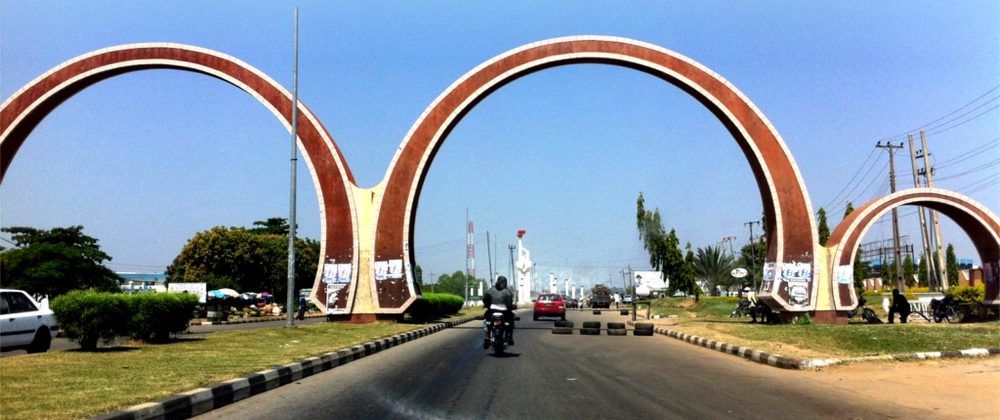
Boundaries: Niger State shares its borders with republic of Benin (West), Zamfara State (North), Kebbi (North-West), Kogi (South), Kwara (South West), Kaduna (North-East) and the FCT (South-East).
Land area, the largest among Nigerian states: Niger State is one of the largest states in Nigeria covering about 86,000km2 (or about 8.6million hectares) representing about 9.3% of the total land area of the country.
Major rivers: Niger State’s major rivers are: Niger, Kaduna, Gbako, Eko, Gurara, Ebba, Ega, Mariga and their tributaries.

Fishes: The common fishes found in these rivers are: Nile Perch (Lates) Trunck fish, Cat fish, Osteoglosid, Tilapia, Synodontis, Tiger fish, Moon fish, Mormyrid and Electric fish. By the 2006 census, the State’s population is 3,950,249 comprising 2,032,725 males and 1,917,524 females.

Ethnic groups: The easily identifiable major ethnic groups are Nupes, Hausa, Gbagyi, Kadara, Koro, Bassa, Kamuku, Ingwai, Fangu, Kambari, Dukkawa, Fulani, Abewa, Bisan, Gungawa, Bauchi, Bariba, Urah, Boko, Bokobaro, Bauchnu, Achifawa, Dakarkari, Kakanda, Ganagana, and Dibo and numerous non native tribes.
Economic activities: The major economic activity is agriculture: farming, fishing, and cattle rearing.
The other economic activities (though limited in scale) include banking, trading, transportation, local arts and crafts with Bida, the heart land of the Nupes, famous for its brass work. These activities constitute the means of livelihood of the people of Niger State in addition to public service.
Reference: nigerstate.gov.ng/about-niger
